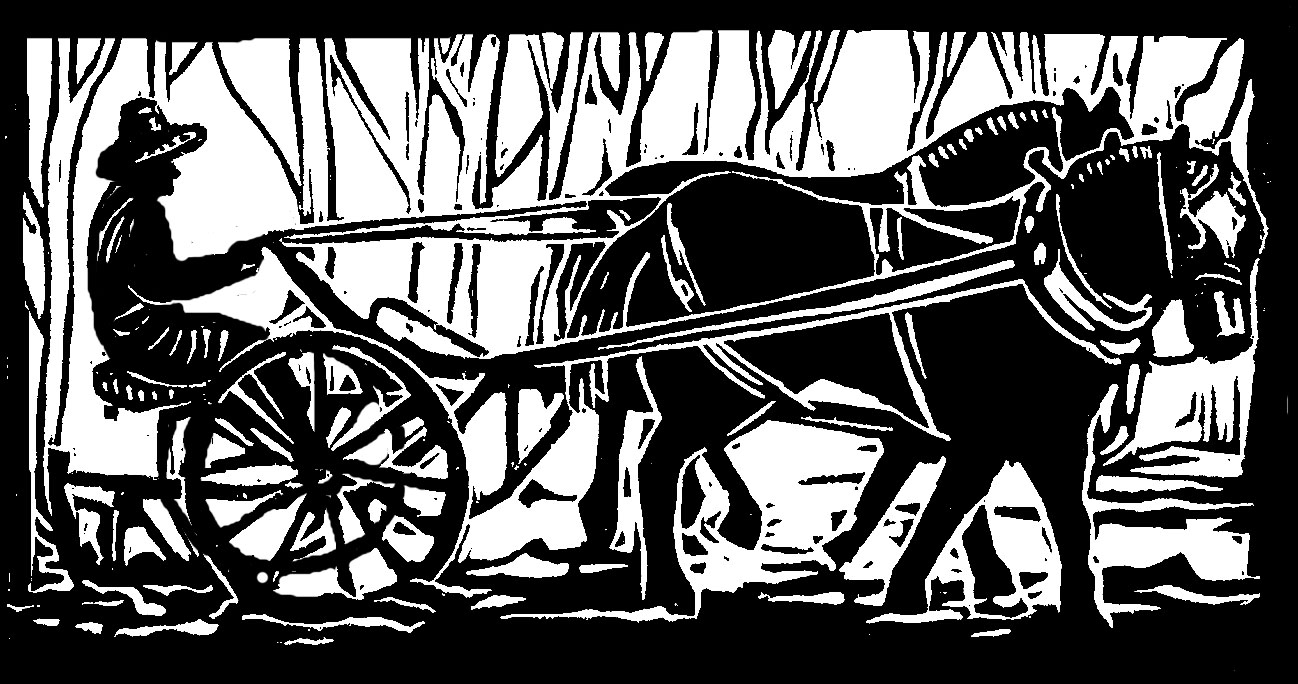Here on our new Hampshire vegetable farm, we look forward to the cool, invigorating autumn weather. It might start early in September or late in September, but either way, we're glad to have it- especially the invigorating part. We're feeling kind of weary this time of year, what with the summer crops- tomato, zucchini, yellow squash, basil- giving a last hurrah, and the fall crops- potatoes and winter squash and broccoli and more- all clamoring for our attention.
The vegetables want weeding, and they want harvesting, and they want putting by for the winter. And the farmers? We're thinking more of sleeping, followed by a little nap, and then sleeping, followed by a little rest. It gets harder and harder to get up early in the morning, and the couch and the bed and even the floor look more and more inviting.
Sometimes those beautiful autumn days- crisp, misty air in the morning, warm sun in the afternoon, heavy golden light over the fields in the evening- aren't enough to entice a farmer out to the field. Sometimes a farmer is tired of going out to the field. Sometimes a farmer even takes a little perverse pleasure in not going out to the field first thing on a beautiful day.
Hah! Beautiful day! Take that! You can't make me come out there! Even if you are bathed in beautiful light, or bursting with color, or sonorous with crickets and autumn breeze and rustle and snap!
I will stay inside and can tomato sauce instead! I will stay inside and wash some dishes! I won't go out into that great big messy gloriously full of food and work garden. I will stay right here, in the messy gloriously full of food and dirty dishes house! Freezing peppers! Freezing kale! Freezing chard! Freezing salsa and squash and pesto!
Oh, it's a funny thing, this farming, how it brings out the rebel in a body. And it's even funnier what a body might rebel against: crisp, invigorating air, beautiful light? Good weather? Good grief.
But hey, maybe that's how we got to be farmers in the first place: that spark of rebellion. We are rebelling against something, against lots of things, not least of which is somebody else's agenda or idea of a work schedule. As we like to say, in league with many a self-employed person: “We never get any time off, but, hey, we can take it any time we want to!”
We are also rebelling against some societal and cultural ideas of what constitutes a useful, meaningful way to spend a workday, or a worklife. Small-scale sustainable farming isn't so much a norm any more; now it is in itself a rebellion, against the industrial, the massive, the impersonal, the uncaring.
And, heck, we care, we care a lot, we keep caring, even when it's hard and painful and wearying, when there's hail or floods or droughts or locusts. We want to do work that feels right and good, that sustains us and helps sustain others too: the land and air and water and wildlife, and all the people that eat our vegetables and enjoy our farm.
We enjoy our farm too, of course, and we also feel a little weary . . a little rebellious. . . No, I won't take advantage of this exquisite weather and go out and weed those carrots! I'm going to get some work done inside, even if the rainy days won't cooperate with meals and laundry and writing columns, all necessary and important items in a full, balanced life, and all so blessedly close to the couch . . . the bed . . . even the floor . . .
Originally published in the Monadnock Shopper News, Sept 3 – Sept 9, 2014


